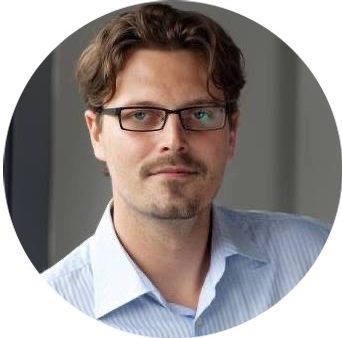
This qualitative study explored psychodynamic therapists’ experiences associated with unexpected encounters with their patients outside the clinical setting, i.e. consultation room. Such meetings may occur during social events, at a supermarket or in a sports club, and some therapists experience them as challenging to their privacy. This project also invested how being a therapist affected the way they behaved in public space and managed privacy boundaries.
Information in this study was collected using a semi-structured interview protocol from 10 experienced practitioners in Poland and examined according to the interpretative phenomenological analysis principles. Four overarching themes are discussed in the report.
Results show that accidental encounters often challenged practitioners’ privacy, led to involuntary self-disclosure (causing discomfort and distress) and required re-negotiating roles and boundaries in the new context. Various coping strategies were also identified, including withdrawal, anticipation and avoidance, as well as using community support. Findings are discussed in terms of their implications for mental health professionals and psychotherapy training.
Key practitioner message: All people manage their boundaries of privacy. Therapists should thoroughly consider circumstances, and personal or situational risk factors, which lead to crossing or violating these boundaries. They need to reflect upon the social and personal limitations associated with their occupation and the price they have to pay for the high status role.
Publications in academic journals:
Research team:
Igor Pietkiewicz, Ph.D, Monika Włodarczyk, M.Sc.

Samodzielny pracownik naukowy zatrudniony na stanowisku badawczym w Instytucie Psychologii Akademii Ignatianum w Krakowie, kierownik Centrum Badań nad Traumą i Dysocjacją (CBTD), psychoterapeuta i superwizor psychoterapii. Od wielu lat jest mentorem i członkiem zarządu European Society for Trauma & Dissociation (www.estd.org), a obecnie pełni funkcję przewodniczącego tego Towarzystwa. Posiada certyfikat psychoterapeuty i superwizora Sekcji Naukowej Psychoterapii Polskiego Towarzystwa Psychiatrycznego, Europejski Certyfikat Psychoterapeuty, certyfikat terapeuty i konsultanta EMDR Europe. Prowadzi praktykę prywatną w Katowicach, gdzie zajmuje się głównie pacjentami dorosłymi z doświadczeniami traumy złożonej. Pracuje w języku polskim i angielskim.